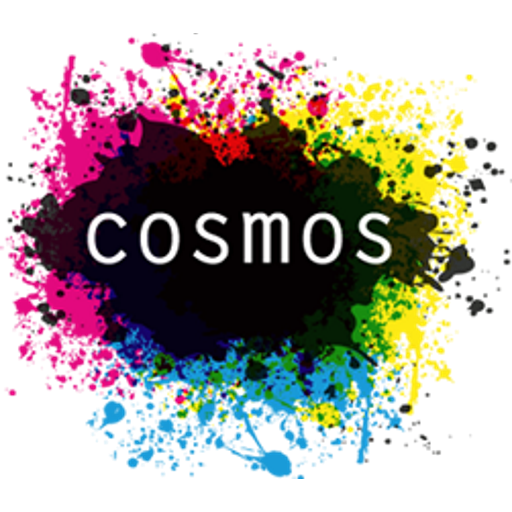The Summer School focuses on how to analyze present and past forms of grassroots participation activated by social movement and civil society actors at the local, regional and transnational level. More in general, it aims at disseminating knowledge on how to investigate processes and mechanisms that sustain the active citizens’ participation to and mobilization in the realm of politics.

Grassroots participation and radical democracy have been at the center of the public and political debate in 2011 and 2012, when a new wave of contention crossed the entire world: from the Arab countries to North America; from Latin America to European countries. The emergence of a new wave of contention requires scholars to reflect on the research strategies and methodologies that are employed to study grassroots participation and radical democracy.
Although there is a considerable amount of research done on how social movements and civil society actors mobilize, specialized literature on how to actually investigate this phenomena is rare, although increasingly necessary with the recent wave of contention that mobilized citizens in the Arab, European and American countries. The Summer School addresses this gap discussing how to apply the most common methods in the social sciences to investigate political participation and mobilization.
The Summer School will last 10 teaching days for a total of 60 hours of didactic activities. Here you can find the academic programme.
20 Phd and Master students will present and discuss their papers on current social movements in a number of countries across the world. Here you can find the the students’ short bios and paper abstracts.
Three keynote speeches on social movements and research methods will be organized during the Summer School that are open to the EUI community:
Monday, 16 September 2013, 10 am – 12 am, Theatre, Badia Fiesolana
Friday, 20 September 2013, 10 am-12 am, Sala Triaria, Villa Schifanoia
Thursday, 26 September 2013, 10 am -12 am, Hotel San Gallo Palace, Via Lorenzo il Magnifico, 2, Firenze
If interested, those who are not enrolled in the Summer School should register with Adele Battistini (adele.battistini@eui.eu), specifying the speech you wish to attend, no later than 13 September 2013.
Director Prof. Donatella della Porta (European University Institute);
Co-directors Dr. Francesca Forno (University of Bergamo);
Dr. Alice Mattoni (European University Institute);
Prof. Michele Micheletti (Stockholm University);
Academic Assistant Lorenzo Zamponi (European University Institute)
The Summer School is kindly supported by:
The Summer School is open to 20 graduate and master students as well as early career researchers with a specialized interest in participation and mobilization in different fields of study, including political science, political sociology, political communication, and political anthropology from throughout European and beyond.
Applicants must email a cover letter in which they explain how the Summer School would be beneficial for their reserach, a 500-word abstract of their proposed paper, and a curriculum vitae no later than 15th of April 2013: to pam.summerschool[AT]gmail.com
Applicants will be informed of the outcome by email as soon as possible. Those offered places must confirm their participation within 7 days, after which places may be offered to applicants on the reserve list.
Students will be required to write and submit a 7.000-8.000 words paper before the starting of the Summer School. The paper will be then presented and discussed during one of the afternoon sessions.
Students will be also required to complete the mandatory readings for morning lectures and method sessions (see below) and to actively participate in discussion during morning and afternoon sessions.
Successful participation in the Summer School will be fully accredited with 30 credits and a certificate of participation.
English will be the working language of the Summer School. Therefore students are expected to have a good command of written and spoken English.
Full fees for the Summer School are €350 and cover tuition costs, academic materials, lunches at the EUI, welcome aperitivo & farewell dinner, use of library, computing and internet facilities.
Fees will not cover travel and accommodation costs, but a list of available accomodations will be circulated well in advance to all registered participants.
Details of how to pay will be emailed to all registered participants
The ECPR will offer two Travel and Accommodation grants (€300 each) that will be selected amongst participants. In order for the participants to be eligible to receive the grant, they must meet the following criteria:
Journal Article - 2025
Journal Article - 2023
Journal Article - 2023
Journal Article - 2023
Journal Article - 2023
Monograph - 2023
Monograph - 2022
Monograph - 2022
Journal Article - 2021
Journal Article - 2021